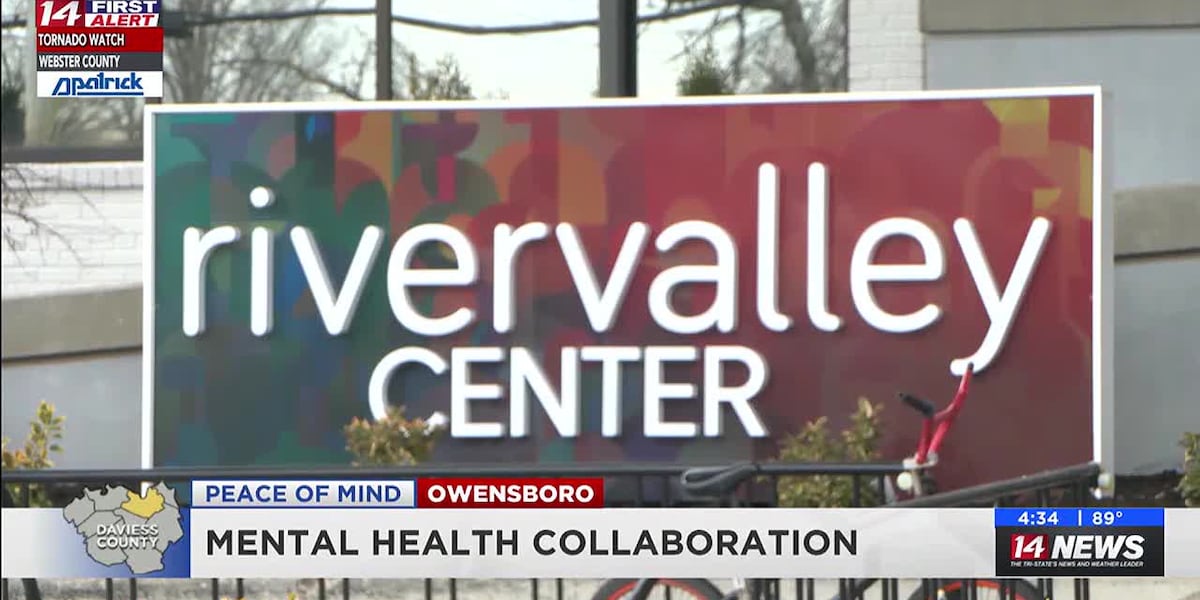Maui Wildfire Health Crisis: UH Study Reveals Alarming Post-Disaster Health Concerns

The University of Hawaii (UH) is conducting the most extensive post-disaster health survey in the state's history, shedding light on the profound and troubling health consequences stemming from the devastating August 2023 Maui wildfires. The study, a collaborative effort involving researchers across various disciplines, aims to comprehensively assess the physical and psychological toll on survivors and the wider community.
The wildfires, which swept through Lahaina and other parts of Maui, resulted in tragic loss of life and widespread destruction. Beyond the immediate devastation, concerns have grown about the long-term health impacts faced by those who experienced the fires firsthand, as well as those exposed to smoke and ash.
Scope and Methodology: A Groundbreaking Survey
This isn't just another health survey; it's the largest of its kind ever undertaken in Hawaii following a disaster. Researchers are employing a multi-faceted approach, including:
- Extensive Questionnaires: Gathering detailed information about physical health, mental wellbeing, exposure to fire-related hazards, and access to resources.
- Clinical Assessments: Offering medical evaluations and screenings for specific health conditions.
- Community Outreach: Actively engaging with affected communities to ensure participation and address concerns.
The survey is intentionally broad, aiming to capture a wide range of health issues, from respiratory problems and skin irritations to anxiety, depression, and post-traumatic stress disorder (PTSD). Researchers are also investigating the impact on vulnerable populations, including children, seniors, and those with pre-existing health conditions.
Troubling Findings Emerge
While the data analysis is ongoing, preliminary findings have already raised serious concerns. Reports indicate a significant increase in:
- Respiratory Illnesses: Exposure to smoke and ash appears to be a major contributor to respiratory problems, including asthma exacerbations and bronchitis.
- Mental Health Challenges: Rates of anxiety, depression, and PTSD are significantly higher among wildfire survivors, reflecting the trauma they have endured.
- Skin Conditions: Direct exposure to fire and smoke has led to a rise in skin rashes, burns, and other dermatological issues.
- Chronic Disease Management Disruptions: Many residents are struggling to manage existing chronic conditions due to displacement, loss of medication, and limited access to healthcare.
Addressing the Health Crisis: Implications and Next Steps
The UH study's findings will be crucial in informing public health interventions and resource allocation. The data will help identify specific health needs within the affected communities and guide the development of targeted support programs. This includes:
- Expanding Mental Health Services: Providing accessible and culturally sensitive mental health support to survivors.
- Improving Air Quality Monitoring: Implementing robust air quality monitoring systems to protect public health.
- Strengthening Healthcare Infrastructure: Ensuring that healthcare facilities are adequately equipped to meet the needs of the community.
- Long-Term Health Monitoring: Establishing a long-term health monitoring program to track the evolving health impacts of the wildfires.
“This study is vital for understanding the full scope of the health crisis resulting from the Maui wildfires,” said Dr. [Insert Fictional UH Researcher Name], lead investigator of the study. “Our goal is to provide evidence-based recommendations that will help our communities heal and rebuild stronger.”
The University of Hawaii continues to collaborate with state and local agencies, community organizations, and healthcare providers to ensure the success of this critical research effort. The results will be shared publicly to inform policymakers and the public about the ongoing health challenges and the importance of ongoing support for Maui’s recovery.






